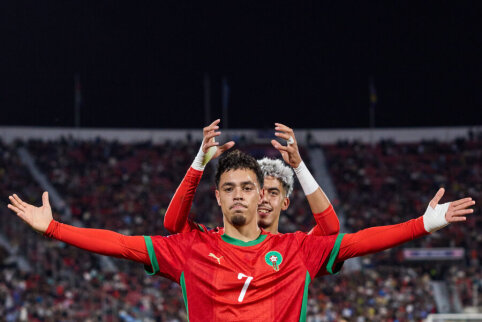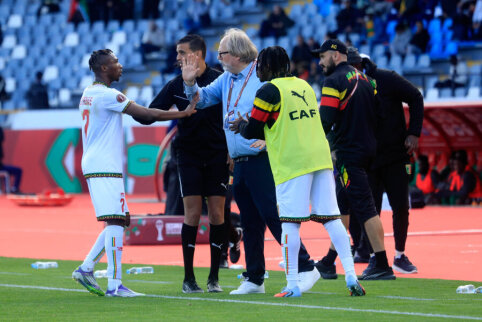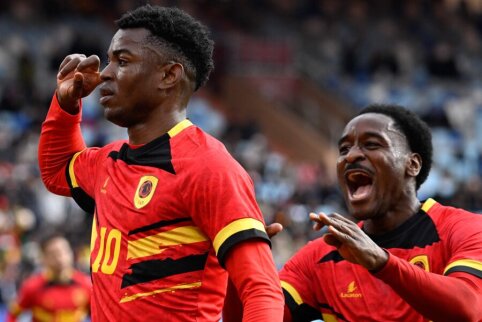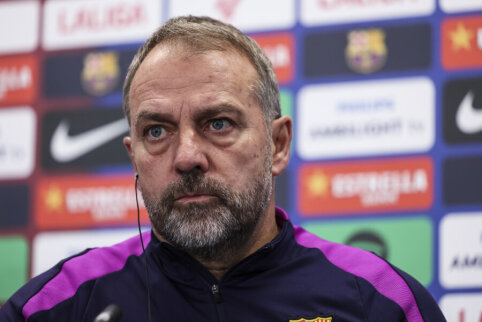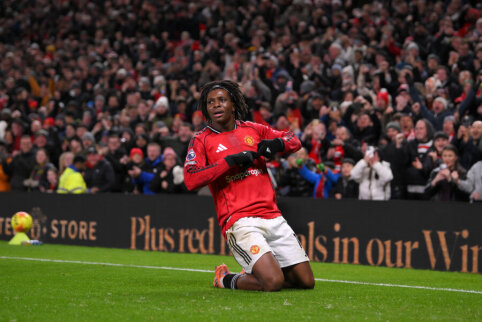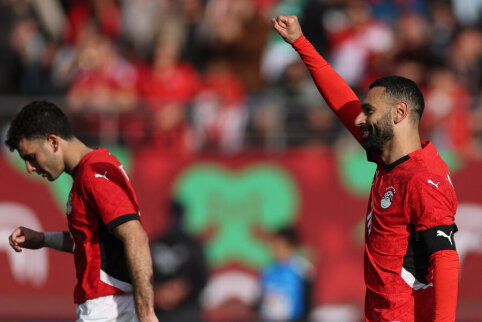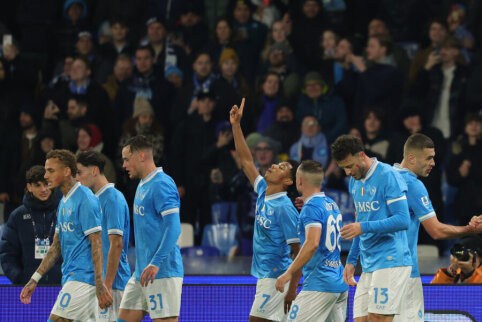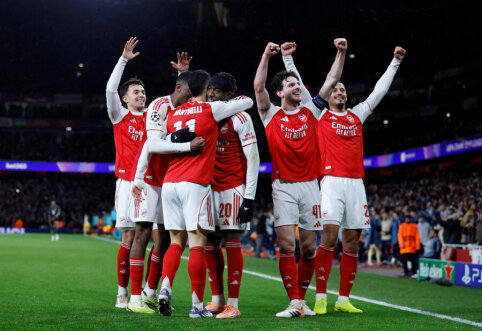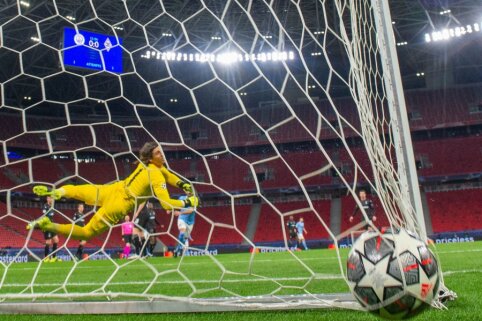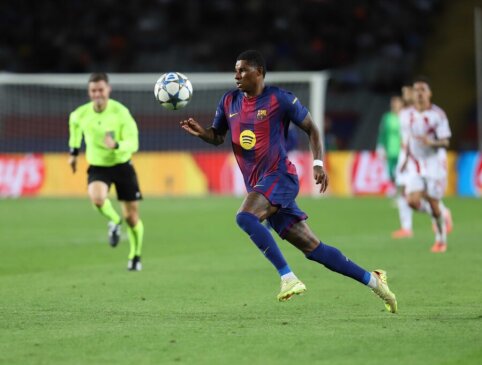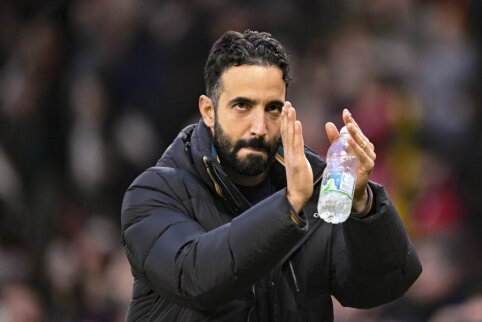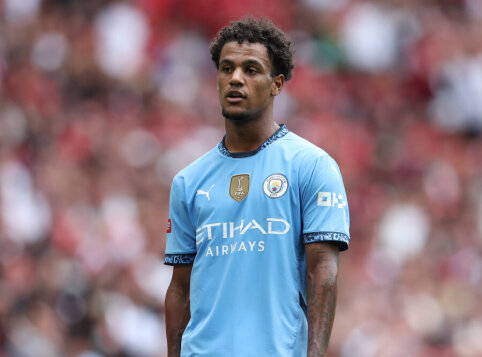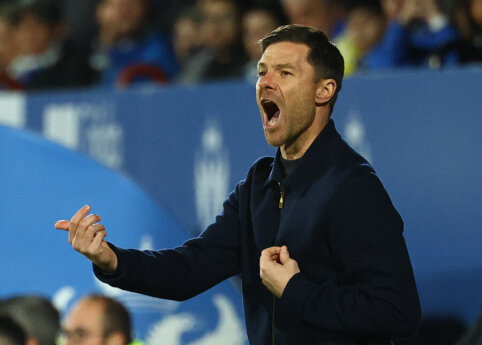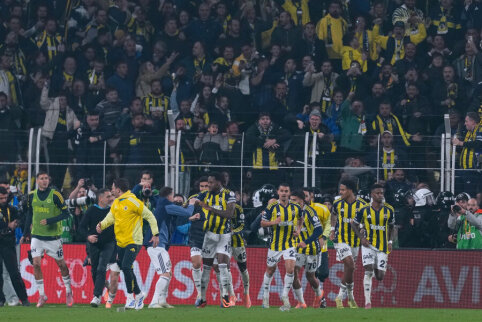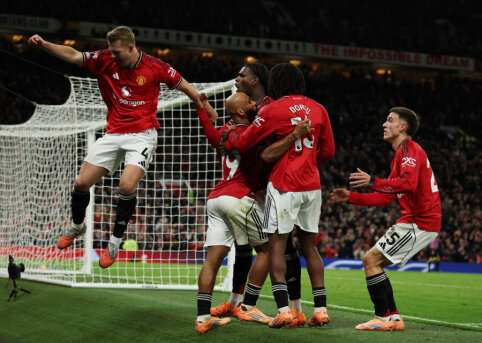
Already this Thursday in Brazil the World Football Championship begins, but the organizing committee and the country's government have many problems - incessant protests, uncontrollable crime, accusations of poor infrastructure, and all this was also joined by the rampage of nature, wrote "The Wall Street Journal". Employees of the San Paulo metro are continuing the strike they began last week. They demand a 12.2% wage increase and do not agree with the Government's proposed compromise - to raise wages by 8.7%. The president of the union uniting metro employees accused the country's authorities of not wanting to solve the problem. He said that metro workers would not want to protest during the World Football Championship, but think that they may have to do it. "If they have money for the World Football Championship, how can they not find money for regular transportation?" he said. In this city, multi-kilometer traffic jams have formed (according to the media, in some places they reach 200 kilometers). If this strike is not stopped, there will be significant problems during the championship - because to get to the stadium where the matches will take place, spectators need to take the metro. By the way, San Paulo's problems are not only in the metro, but also in the stadium - the stands of the stadium specially built for the championship have not been inspected yet, so it is not certain whether they will actually hold the fans gathered there. The first matches of the championship will take place in San Paulo. Storms and floods As if there were not enough problems, a natural disaster also began in Brazil. After heavy rains, a flood began in the state of Parana. Nine people died, roads became impassable, homes where 48 thousand people live were flooded. Synoptics predict that the rains will continue in the coming days. As reported by "El Nacional", the country's authorities intend to declare a state of emergency in the affected cities in the near future. However, in the state capital of Curitiba, where several matches will take place, there have been no rains yet. However, the state authorities are closely following the weather forecasts. The biggest problem - protests However, the disaster is not the main problem. Most headaches for organizers are caused by protests. It's not only the employees of the San Paulo metro who are protesting - protest actions are planned in all 12 cities where the matches are planned. In some places, protesters clashed with the police, and in some cases, the police themselves joined the protesters. The demands of the protesters are varied - some protest due to low wages, others are dissatisfied with the high expenses of the championship, and others, mainly anarchists, as a pretext to express dissatisfaction, clash with the police. The police say that the protests are coordinated by the group "Black Bloc", allegedly financed by foreigners wanting to spoil the celebration in Brazil. However, the country's authorities guarantee that a huge force of law enforcement officers will be able to ensure security and prevent protesters from getting close to the stadiums. The protesters, in turn, say that if necessary, they are ready to clash with the police at the entrances to these "security zones." Transportation problems To all this chaos, unresolved transportation problems will also be added. Some infrastructure projects have not been completed. For example, in the city of Cuiaba, the transport system has not been improved, which would help tourists to get from the airport to the center, so they will have to travel to the center for about two hours. In Rio de Janeiro, it was planned to ensure good communication with the airport, but out of the planned seven routes, only two will be ready on time. Uncontrollable crime The situation of crime in the country is also worrying. Just the brochures prepared for tourists on how to behave in Brazil should not be very cheerful. They are recommended that if they are attacked, not to resist - it is better to accept the fact that they will be robbed, but in this way they will avoid a much sadder outcome. Tourists are advised against walking at night, not to drink too much alcohol. Similar brochures are also distributed to journalists. By the way, they found out that even in press centers at stadiums, secure people will not be able to feel safe - the authorities do not rule out the possibility that pickpockets could have forged accreditations and during the match try to rob journalists. Journalists are advised to constantly monitor their belongings and not to show expensive equipment in public transport.
15min.lt



